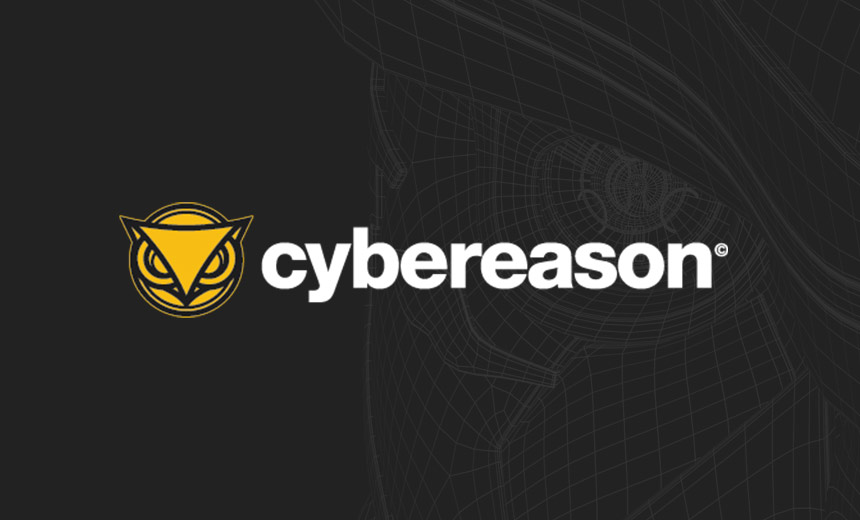CFO Manish Narula Promoted to CEO as Fate of Proposed Trustwave Merger Gets Murky

One of the messiest public spats at a cybersecurity company in recent memory has led to the resignation of its chief executive.
See Also: Why Zero Trust requires uncompromising network visibility
Erin Gan walked away from Cybereason after seemingly coming up short in his battle to wrestle control of the San Diego-area endpoint security vendor away from a pair of investors – former U.S. Treasury Secretary Steven Mnuchin’s Liberty Strategic Capital and the SoftBank Vision Fund. Gan led SoftBank’s business development unit for many years before becoming Cybereason’s CEO in April 2023.
“I cannot continue to lead a company where critical decisions are made based on personal interests rather than what is best for the organization,” Gan said in an internal email to staff, according to Bloomberg, which first reported his departure. “I cannot stand by while minority shareholders, employees and customers suffer the consequences.”
Cybereason declined an Information Security Media Group inquiry, but updated its website Wednesday to reflect that Chief Financial Officer Manish Narula had been tapped to replace Gan as CEO. Narula previously spent more than five years at Arm – where he oversaw M&A and venture investments – as well as nearly seven years at Microsoft, where he led internal strategy and M&A approval talks (see: Cybereason CEO Sues to Halt Deadlock Over Critical Funding).
How a Lawsuit Against Investors Set the Stage for Gan’s Exit
The company’s proposed merger with managed detection and response stalwart Trustwave also appears to be on the rocks, with a person familiar with the matter telling Bloomberg Wednesday the deal had been terminated. The merger was first announced in November, with the joint entity to be owned by SoftBank. Trustwave declined an ISMG request for comment.
Gan’s departure as CEO comes just a month after he sued Liberty and SoftBank, alleging their refusal to approve critical financing has left Cybereason teetering on the edge of bankruptcy. Gan alleged his plan to raise $150 million and implement a structure that prioritizes independent oversight was rejected by Mnuchin and SoftBank, who support a plan that Gan said would cement their control over Cybereason.
Despite no longer being Cybereason’s CEO, Gan told Bloomberg he’s still “fighting for justice” and plans to continue the litigation against Liberty and SoftBank in the Delaware Court of Chancery. Gan is still listed as Cybereason’s chairman on the company website. Resignations and abstentions have reduced Cybereason’s board to four active members, who have been in a 2-2 deadlock over the firm’s future.
Liberty and SoftBank’s Vision Fund are working to close a funding deal for Cybereason as soon as this week, people familiar with the matter told Bloomberg. As recently as last month, Bloomberg said fundraising talks involved Liberty, the Vision Fund, All Blue Capital and Andra Capital for a plan to put about $100 million into Cybereason to increase their control.
Gan and his family office own about 6.8% of Cybereason’s shares, while Liberty Strategic Capital owns about 6.6%, and SoftBank Vision Fund owns about 20%, according to the lawsuit filed by Gan last month. SoftBank Vision Fund is a segment of SoftBank Group, which Gan said owns about 31% of Cybereason’s outstanding stock. Both Mnuchin and SoftBank have denied the allegations in Gan’s lawsuit.
How Gan-Cybereason Spat Compares to Other Company Fights
Cybereason, founded in 2012, employs 680 people and saw its valuation plummet 90% from $3.3 billion in July 2021 to just $300 million in April 2023. Also in April 2023, SoftBank once again became Cybereason’s top shareholder and replaced founding CEO Lior Div with Gan. Cybereason in March 2024 carried out its third round of layoffs since 2022, with product and R&D head Zohar Alon exiting.
The company’s headcount has shrunk by more than half over the past three years from a peak of 1,374 employees in March 2022, IT-Harvest found. Gartner in 2022 named Cybereason a leader in endpoint protection, but by 2023, Cybereason was downgraded to a visionary and was called “an organization in transition.” By 2024, Cybereason was a niche player and tied for the lowest score in execution ability.
Disputes between cybersecurity executives and investors rarely spill into the public or legal arena. The only comparable example would be the contentious sale of Forescout to private equity firm Advent International. Advent initially planned in February 2020 to buy Forescout for $1.9 billion, but the two sides ended up in court after Advent attempted to walk away from the deal in May 2020.
Just days before the Forescout-Advent trial was scheduled to begin in the Delaware Court of Chancery – the two sides settled and moved forward with the acquisition after agreeing to lower the price by $500 million. Advent’s push to break its acquisition agreement with Forescout foreshadowed a similar move by Elon Musk after agreeing to buy Twitter for $44 million. Neither Advent nor Musk were successful.
